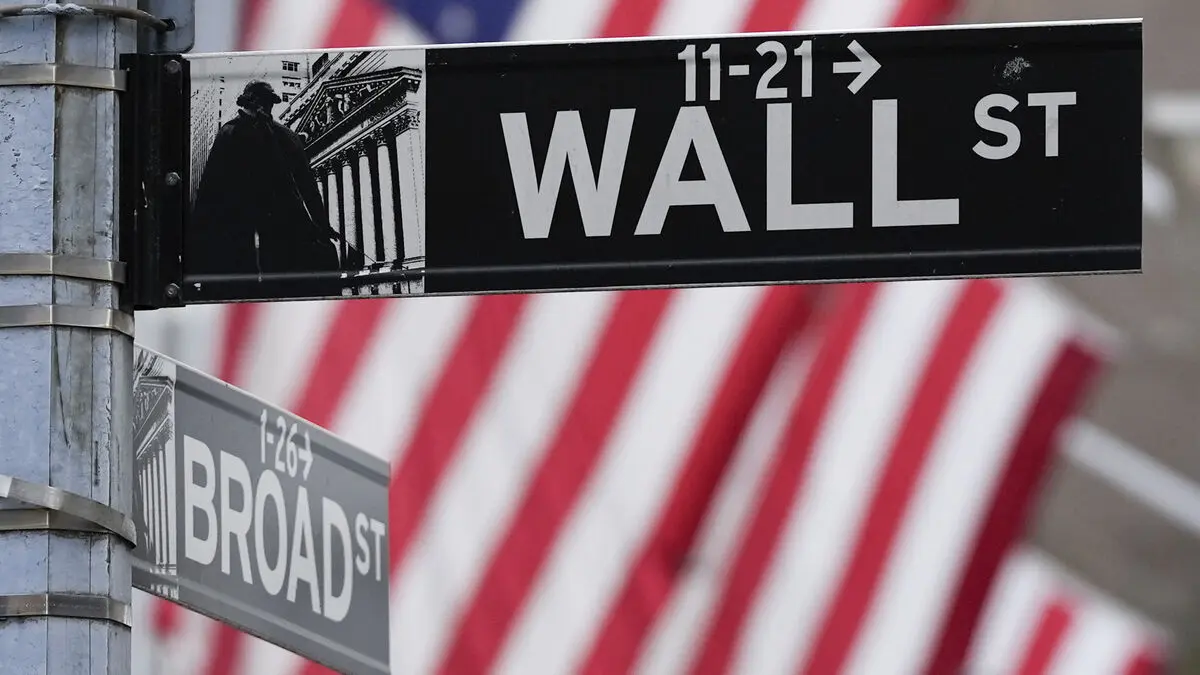The Dow Jones industrial index ended Tuesday's trading at a plus of 0.3 percent, the broad S&P 500 index at a plus of 0.2 and Nasdaq's technology-heavy composite index rose 0.8 percent.
Thus, all three indices closed at new record levels, for the third trading day in a row.
Once again, the seven very index-heavy technology companies called "the magnificent seven" are behind the upward pressure on stock prices. Of the seven, six went more or less decidedly plus.
Among other things, software company Microsoft rose 2 percent after a new ownership agreement with Open AI. This also meant that Microsoft is now valued at over $4,000 billion for the first time.
Paypal and UPS surge
Retail giant Amazon also rose, 1 percent, after the announcement that it will get rid of 14,000 employees.
Semiconductor giant Nvidia surged 5 percent to a new record level. During the day, the news came that the company is investing the equivalent of 9.4 billion kronor in the Finnish telecom company Nokia.
Among the winners, payment service company Paypal and freight company UPS also stand out, which rose 3.9 and 8 percent, respectively, after quarterly reports.
The increased hope that the US and China – the world's two largest economies – can conclude a new trade agreement later in the week is fueling optimism on the stock market.
When about a third of the S&P 500 companies have now reported, 83 percent of them have exceeded expectations, according to financial data company Factset.
Continued profits
Investors are now looking forward to Wednesday's and Thursday's reports from five of the magnificent. The five are very heavy and occupy positions two to six on the list of the world's highest-valued listed companies.
In addition to looking at actual results, investors are also looking for assurances that the flow of tens of billions of dollars to computer infrastructure will continue – and can lead to profits further ahead.
This group has repeatedly assured investors that the AI theme is alive and well, and given the number of deals announced in recent months, it seems likely that it will continue to do so as long as Wall Street rewards them for this strategy, says Bret Kenwell, analyst at online broker Etoro, to the news agency Bloomberg.






